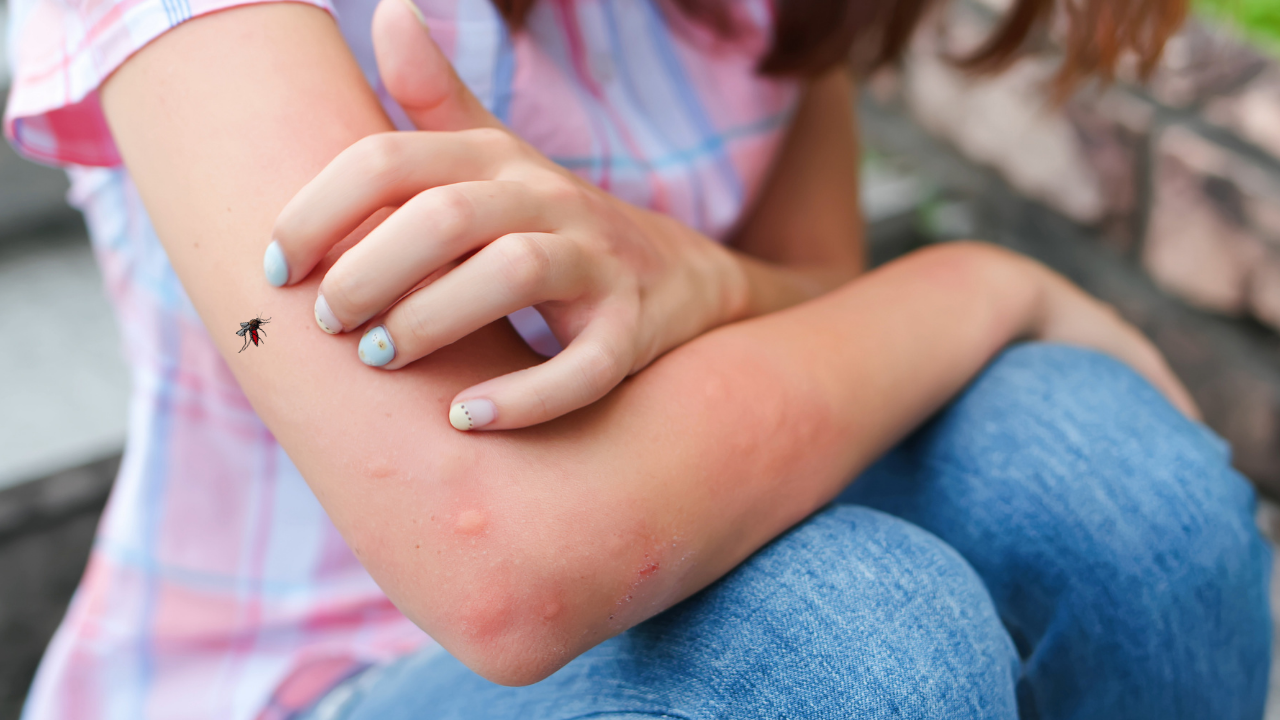Dengue outbreak in Delhi NCR
The number of Dengue cases in the capital city has seen a twofold increase in the past week, as Delhi has documented 56 fresh cases of the mosquito-borne illness since the release of the report on disease transmission by the Municipal Corporation of Delhi (MCD). It has compelled us to address the recurring issue of Delhi reporting the highest number of Dengue cases year after year. This situation is a multifaceted challenge that demands our immediate attention and collective action.
Dr. Tribhuvan Gulati, Lead Consultant, Diabetes, Obesity & Internal Medicine at the CK Birla Hospital (R), Delhi says, “Several factors contribute to the alarming prevalence of Dengue in Delhi. First and foremost is the city’s tropical climate, which provides a conducive environment for the Aedes mosquito, the carrier of the Dengue virus, to thrive. The high population density and urbanization further increase the problem by creating numerous breeding grounds for mosquitoes in the form of stagnant water, both in and around homes.”
Lack of awareness among the public also plays a crucial role. Many residents remain unaware of effective preventive measures, such as maintaining clean surroundings, using mosquito repellents, and wearing protective clothing. Education campaigns must be intensified to empower individuals with knowledge to protect themselves and their communities.
According to Dr. Gulati, “Inadequate sanitation and waste management contribute significantly to the problem. The accumulation of improperly disposed waste can become breeding sites for mosquitoes. Therefore, local authorities must prioritize proper waste disposal and drainage system maintenance to break the Dengue transmission cycle.”
Moreover, population mobility and urban migration further complicate disease control efforts. People moving in and out of the city can inadvertently carry the virus to new areas, causing outbreaks in previously unaffected regions. This highlights the need for a coordinated, region-wide strategy to combat Dengue.
“To effectively address the escalating dengue crisis in Delhi, a holistic approach is imperative. This includes not only strengthening medical infrastructure and ensuring the availability of necessary treatments but also intensifying efforts to raise public awareness, strengthening waste management systems, and encouraging inter-agency collaboration,” says Dr. Gulati.
“It can be done through a unified front – where healthcare professionals, policymakers, civic authorities, and the public join hands – that we can hope to curtail the annual surge of Dengue cases in Delhi. The commitment to this cause today will determine the health and well-being of our city’s inhabitants tomorrow” he adds.


